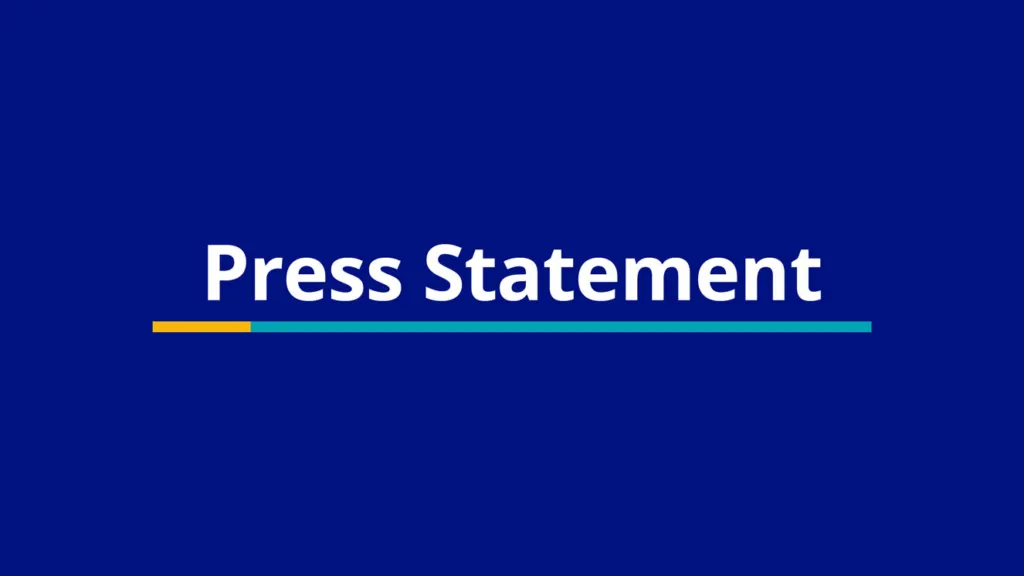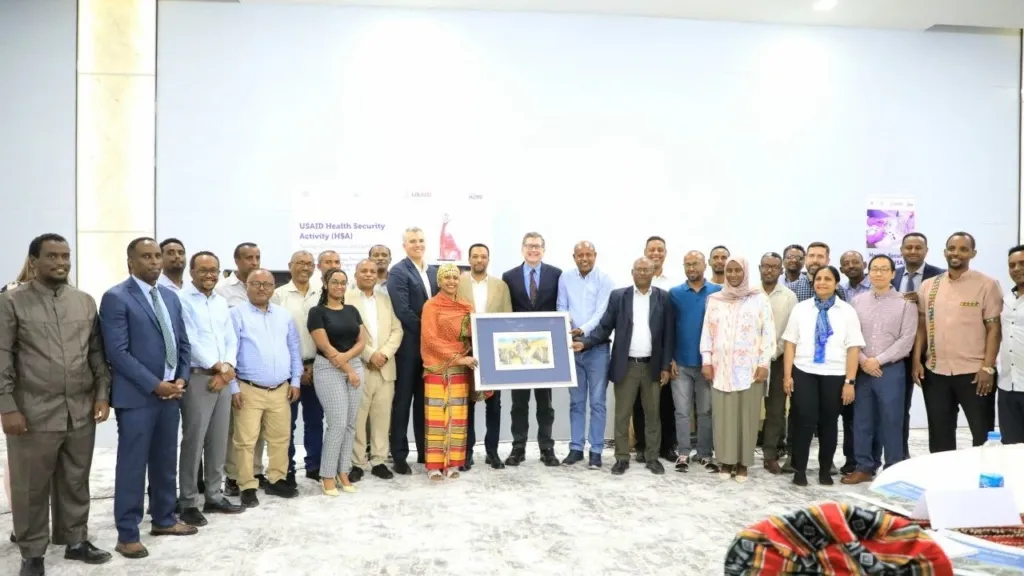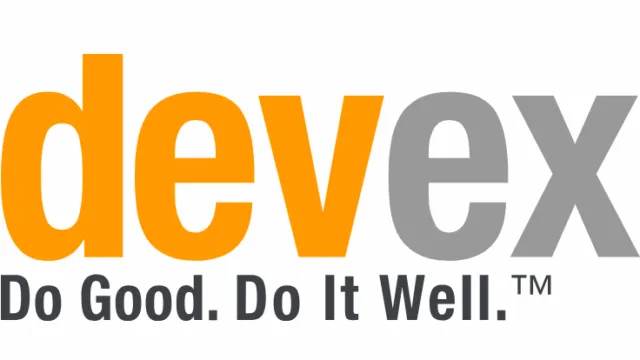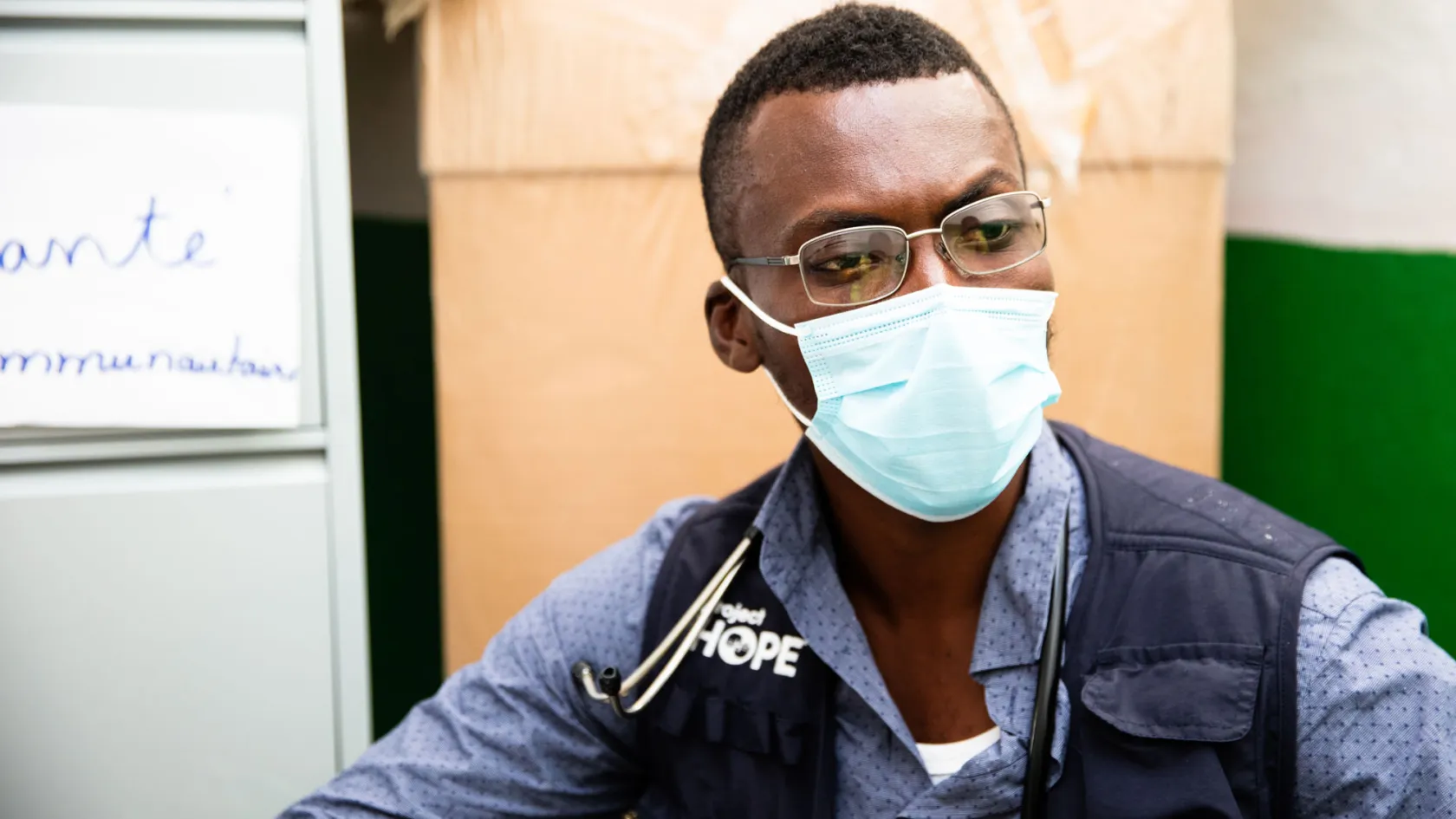Project HOPE Awarded Grant to Improve COVID-19 Vaccination Rates in High-Priority States
Project HOPE Awarded Grant to Improve COVID-19 Vaccination Rates in High-Priority States

Washington, D.C. (February 11, 2022) – Project HOPE, a global health and humanitarian organization, is pleased to announce that the Health Resources and Services Administration, an agency of the U.S. Department of Health and Human Services, has awarded the organization $8.7 million to increase COVID-19 vaccine confidence and improve vaccination rates in five high-priority states.
The award will expand community-based efforts to inform and educate target populations in Florida, Louisiana, Texas, Georgia, and Alabama. This nine-month effort builds on previous HRSA funding to Project HOPE that is supporting four free and charitable clinics in Texas as they expand vaccine access in Harris and Hidalgo counties.
“COVID-19 vaccines are safe, effective, and lifesaving. But not everyone has equal access to them,” said Harley Jones, senior manager of Domestic Operations at Project HOPE. “There are multiple barriers that can prevent someone from accessing vaccines, including community conditions and socioeconomic factors. This funding will allow us to expand our support for the local, community-level clinics that play such a crucial role in closing these gaps.”
The funding, which comes as part of the American Rescue Plan, is part of a larger effort to boost vaccination numbers and build vaccine confidence in 29 high-priority states. Project HOPE will partner with four State Associations and 37 local free and charitable health clinics in the states to reach under-served communities and expand vaccine access. Alabama, Louisiana, and Georgia have some of the nation’s lowest COVID-19 vaccination rates, with Alabama being last.
Despite the availability of free vaccines nationwide, vaccine equity continues to be a major challenge in the United States, especially in rural and minority communities. There are numerous barriers to vaccine access and acceptance, including wealth gaps, environmental factors, transportation access, institutional racism, and discrimination. This funding will allow Project HOPE to support trusted, local community clinics in each state to provide accurate information and deliver vaccines in trusted settings.
“Our work supporting free and charitable clinics in Texas has shown us how essential local clinics are in the fight against COVID-19,” Jones said. “These health workers are able to build close, trusted relationships with the people they serve. They live in the same communities. They know the challenges. Their empathy and compassion can make all the difference in ensuring those in underserved populations don’t fall through the cracks.”
Project HOPE’s work with free and charitable clinics in Texas has engaged more than 70 partners and is on track to vaccinate more than 3,200 people in Houston and the Rio Grande Valley. Vaccines are given in clinics as well as in the community, with vaccine drives being held at schools, churches, food banks, community centers, and apartment complexes.
In addition to vaccinations, the clinics are focused on delivering fact-based information and educational resources in multiple languages. This work has delivered COVID-19 outreach and education materials to more than 30,000 people in these communities, including refugees and uninsured populations.
“Before Project HOPE, we were trying to give the vaccine, but we were only able to offer it for half a day one day a week. Now we have a dedicated person who can do it every day,” said Marisol Resendez, executive director at El Milagro Clinic in McAllen, Texas. “Now, we don’t have to ask people to wait to get vaccinated. It’s been amazing support and we are really, really grateful for it.”
Project HOPE has a long history of domestic operations, including a two-year COVID-19 response that has provided medical surge support, personal protective equipment, and testing and vaccine capacity to hard-hit health systems across the United States.
“The pandemic has worsened the gaps that prevent our most vulnerable populations from accessing the health care they need. Investing in local health workers and health systems is the best way to address these inequities,” Jones said. “We are honored to expand our work with free and charitable clinics across the United States and are proud to support the health workers whose tireless efforts are ensuring no one in their communities has to go without care.”
About Project HOPE
With the mission to place power in the hands of local health workers to save lives around the world, Project HOPE is a global health and humanitarian organization operating in more than 25 countries. Founded in 1958, we work side-by-side with local health systems to improve health and support community resilience. We work at the epicenter of today’s greatest health challenges, including infectious and chronic diseases; disasters and health crises; maternal, neonatal and child health; pandemic preparedness and response; mental health for health workers; and the policies that impact how health care is delivered. For more information, visit www.ProjectHOPE.org and follow us on Twitter @ProjectHOPEorg.
About HRSA
This program is supported by the Health Resources and Services Administration (HRSA) of the U.S. Department of Health and Human Services (HHS) as part of an award totaling $8.7 million. The contents are those of the author(s) and do not necessarily represent the official views of, nor an endorsement, by HRSA, HHS, or the U.S. Government. For more information, please visit HRSA.gov.
Interviews available upon request.
Contact: media@projecthope.org



